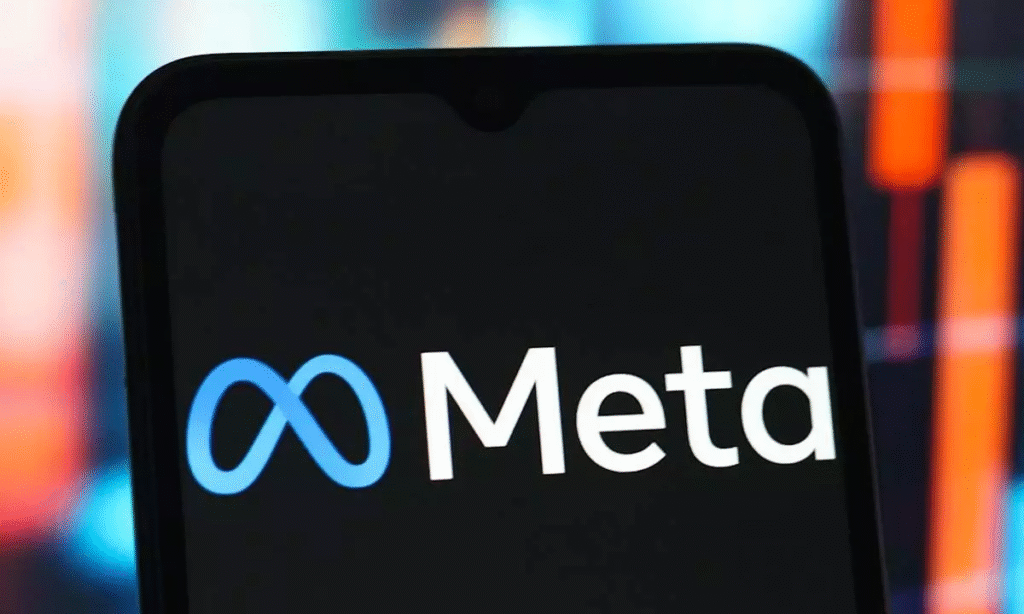Meta CEO Mark Zuckerberg has launched a sweeping reorganization of the company’s artificial intelligence division. All projects under the existing Meta AI umbrella will now report to a new entity called Superintelligence Labs. The move reflects Zuckerberg’s ambition to steer the firm toward what he calls personal superintelligence for every user.
Vision for Superintelligence Labs
Zuckerberg laid out his rationale in a company‑wide memo obtained by Fortune. He cautioned that the advancements of AI were gaining pace, and superintelligence can be seen in the near future. According to him, this transition indicates the beginning of a new era in the lives of mankind and promises to be at the forefront. The new laboratory will be focused on achieving the development of AI systems that are far more advanced than human intelligence in most activities and tasks.

Leadership Under Alexandr Wang
In a bold step Meta invested 14.3 billion dollars in Scale AI earlier this year securing a 49 percent stake and hiring its founder and CEO, Alexandr Wang. Wang now serves as Meta’s first‑ever Chief AI Officer and helms Superintelligence Labs. Zuckerberg described Wang as the most impressive founder of his generation and noted their years of collaboration.
Top Talent Recruited from Competitors
Superintelligence Labs will include several high‑profile hires from across the AI industry. Among them are former Google DeepMind researcher Pei Sun and Anthropic engineer Joel Pobar. Meta has extended compensation offers of up to 100 million dollars to attract leading experts. The company reports that eleven researchers have joined from organizations such as OpenAI, Anthropic, and Google.
Funding Data Center Expansion
The work to create future AI systems requires enormous processing power. According to the Financial Times, Meta is also raising new investments in adding data centers, 29 billion dollars to be precise. These centers will aid in training and operating big models that need thousands of GPUs, as well as intricate networks.
Industry Context and Competition
Meta’s reorganization comes as rivals continue to invest heavily in AI. OpenAI, supported by Microsoft’s 13-billion-dollar partnership, has expanded its model offerings from GPT‑4. Google has advanced its Gemini models and deployed them across search and cloud services. Anthropic, backed by major tech investors, focuses on safety‑oriented AI. Zuckerberg’s gamble aims to unify Meta’s efforts and reduce internal friction.
Superintelligence remains a theoretical concept defined by Oxford philosopher Nick Bostrom as an intelligence far exceeding human cognitive capacity. It has been cautioned by critics that the pursuit of superintelligence is risky in terms of ethics and safety. The method adopted by Meta will need strong guardrails to avoid inadvertent actions and abide by human values.
Risk and Reward of the Strategy
Even its core business, i.e., ad revenue, continues to earn more than 40 billion dollars in a quarter. The financial capability enables the firm to invest in long-term AI studies without short-term pay-offs. In the event of the success of Superintelligence Labs, Meta would also become the new era of computing and potentially lock out generations of leadership. Otherwise, the multi-billion-dollar-investment might not bring the breakthrough to beat well-endowed competitors.

The visions of personal superintelligence controlled by Mark Zuckerberg and the creation of Superintelligence Labs prove the idea that AI will drive the future of technology. In the years to come, it will be seen whether Meta has enough courageous restructuring to implement real-world breakthroughs and safe, but powerful AI that changes everyday life.





